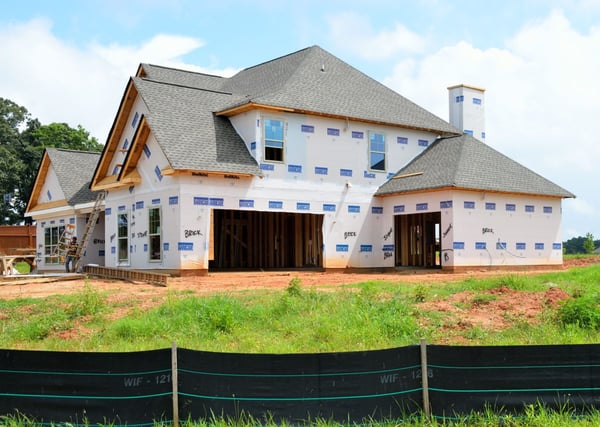Residential building can be a lucrative business if you know what you are doing. There are the different types of builds to consider with custom, semi-custom and production building as options. Do you want to build single homes or developments or apartments? Do you want to incorporate green building and smart technology? There are a vast amount of options and directions you can take your business. Whichever direction you decide to go, here are some quick tips for being successful in residential building.
Maintain a Steady Flow of Business
If you’re just starting out in the residential building process, it is important not to take on too much at once. You need to determine the pace at which you can complete projects before you can determine the cycle at which you can work. However, once you know your cycle, it is really important to keep up on it. Whether that means looking for undeveloped land for a development or a few lots at a time, you should have a timetable for landing contracts. This will also allow you to communicate with clients about when you will be able to start a project and give them a good estimation of when the project will be completed. Successful builders are able to keep a steady stream of projects running, allowing for predictability in the quality and availability of necessary labor. It can also land you discounts from suppliers who learn they can expect a certain volume of business from you.
Reinvest Profits Into Your Business
Upon completion of a job, once you’ve factored in paying employees and covering project expenses, consider taking a portion of your profits to re-invest into your business. This could mean having savings to fall back on when business is slower, purchasing materials to store and keep on hand for future projects, hiring new employees or a number of other things. Evaluating this is good for any business, but because construction can ebb and flow depending on your locale, it may be essential for success.
Maintain Capital Access
Develop a good relationship with at least one construction lender. Remember, that the lender is likely the one putting in most of the money and letting you have day-to-day control. So make your lender a priority and do your best to meet their needs with a positive attitude. . Lenders like borrowers that not only know how to build and sell but also ones that are responsive, organized, and make on time payments.
Build Delays Into Your Schedule
There are going to be delays in projects, it’s just the nature of the construction business. There are a variety of things that cause delays in building. It could be that a delivery or inspection is delayed, weather,, employees called out sick, or many other things. Understanding that this is part of the process and build in extra time to account for delays. Be sure to set realistic expectations with your construction timeline and keep the necessary lines of communication open if it seems that you might go past your deadline.
Quality Matters
When a customer purchases a new car, they expect that car to run well for several years with regular maintenance only, barring any accidents. The same applies with a residence, your customers expect their homes to be built solidly. Ensuring that work is done properly the first time not only keeps more money in your pocket but leaves your customer in a happy place as well.
One final note to make is regarding communication. Especially with pre-sale houses, buyers don’t want to be left in the dark. As alluded to above, ensure that you keep communicating with your customers on a regular basis. Let them know if there are delays, if there are problems, etc. This also applies to employees, stakeholders, banks and subcontractors. Keeping everyone on the same page is crucial to success.
If you can take the tips above into account when running your residential construction business, it should push you in the right direction of being successful and staying in business longer.

Recent Posts
- Spec Home Loans: Complete Guide to Construction Financing for Builders
- Spec Construction Loans: A Spec Line of Credit Is Worth the Paperwork
- Spec Homes and Pre-Sale Homes: Relative Benefits for a Spec Builder
- Spec Construction Success: Insights for the Investor Builder
- How Is a Spec House Different From Other Kinds of House Construction?
